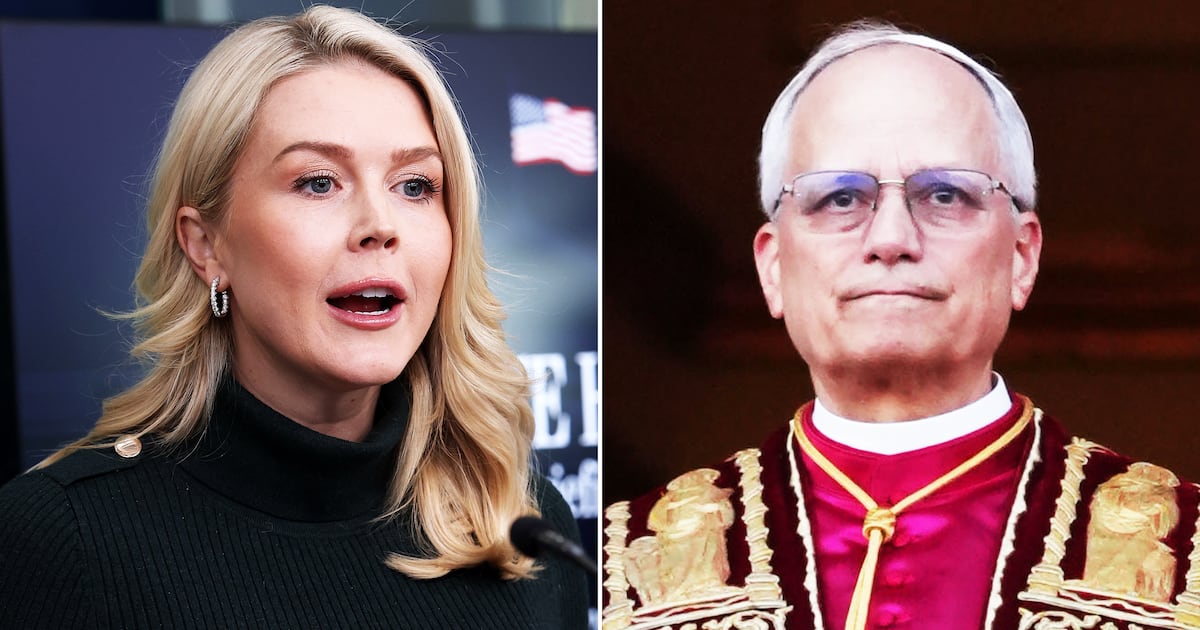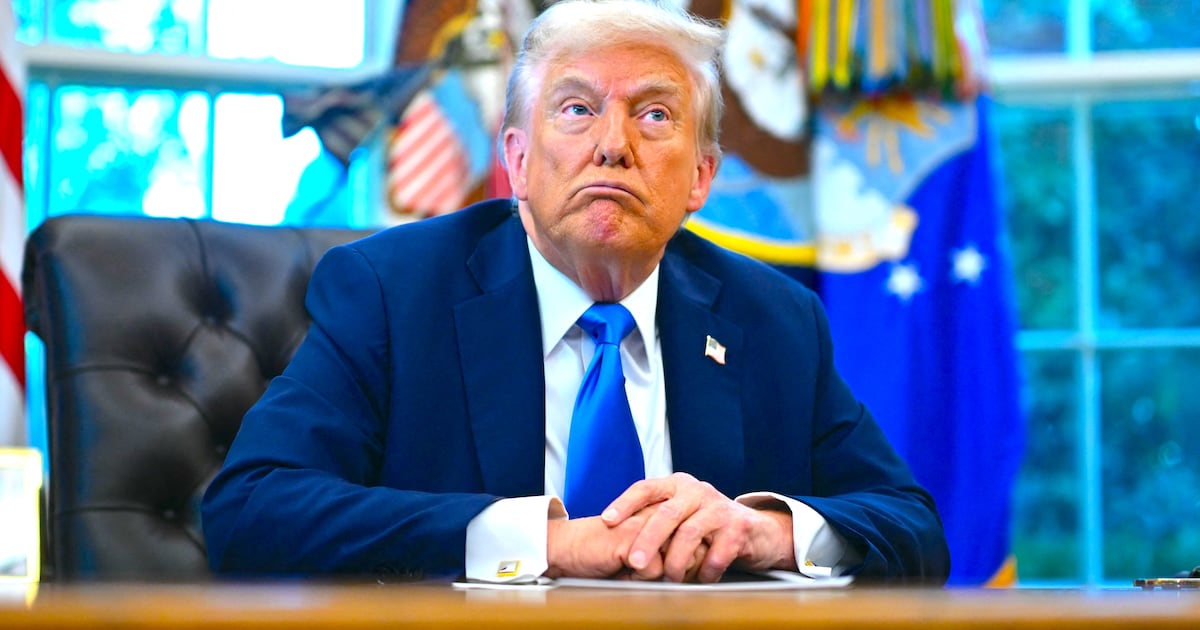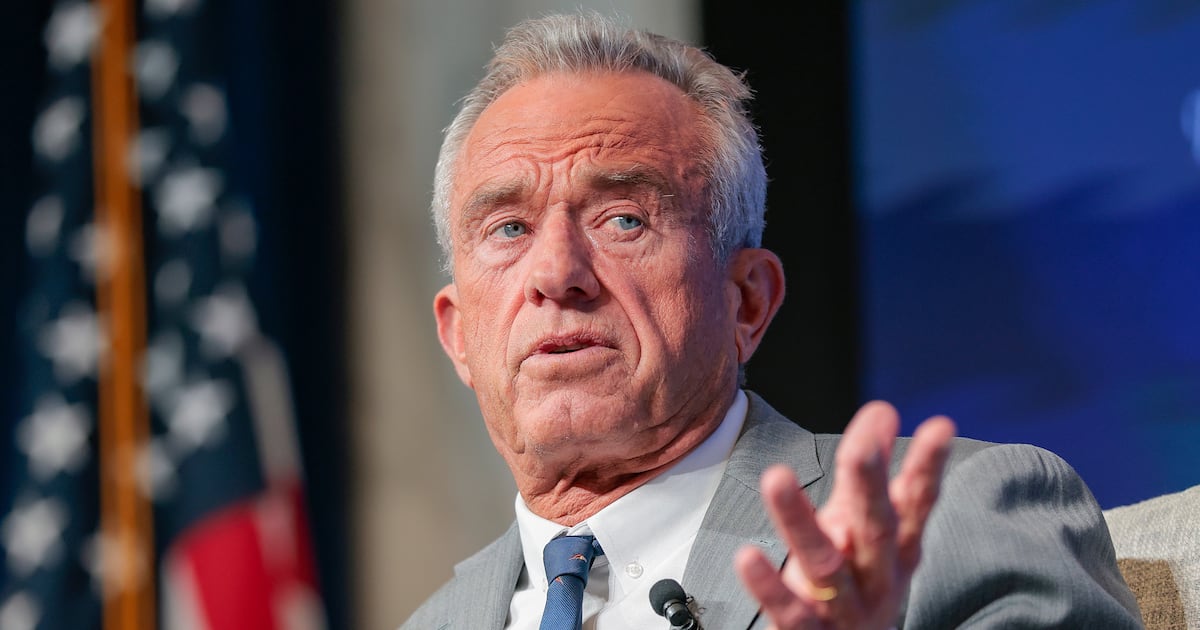The latest film from Alex Gibney, the investigative documentarian behind We Steal Secrets: The Story of Wikileaks and the Academy-Award winning Taxi to the Dark Side, is The Armstrong Lie. The film began in 2009 as a chronicle of Lance Armstrong's comeback Tour de France after his retirement from the sport in 2005. However, when Armstrong was banned from cycling in 2012 for using performance enhancing drugs, Gibney felt it necessary to revisit his as yet-unreleased film. The uplifting story of Armstrong became a probing look at the culture of doping in professional cycling and the fall of its biggest star. Gibney sat down with The Daily Beast to talk about his relationship with Lance Armstrong and the making of the of the biggest lie in professional sports.

The Daily Beast: This film is very much about the relationship between a documentarian and his subject. How was it being so prominent a character in your own movie?
Alex Gibney: Well I wasn't in the first go round. The first go round was more purely observational. On the second one it was necessary to put myself in the film in order to understand the full weight of the experience of what had happened, and also to understand the way a lie like this works. I think the film is kind of the anatomy of a lie. In order to do that, I had to show the relationship. On a day to day basis, I like Lance. And to show that, the way I got caught up in his story, wanting him to win like so many fans want athletes to win, was necessary. To properly reflect on all of this, and to see with new eyes what happened in 2009, to go back and revisit what I had seen, like the movie Blow-Up, there might have been something in the bushes that I had missed that meant something rather different. And to tie it all together, it seemed to me that by putting myself in the movie I could both be honest and also allow myself a kind of narrative freedom I might not have otherwise be able to have, in terms of moving back and forth in time and place. Right up until the end, we were massaging narration, making it a bit more personal so it seemed more like what I saw.
The original film from 2009, how far along did you get, and what was the moment like when you knew you needed to change it?
We finished it. Basically. We had mixed the film. Matt Damon had narrated. We had done it. And then we started having to put a few more cards in. And then we realized we had to have twenty pages of cards at the end. The film itself had become too naive for its time. There were certainly allegations of doping in the previous film, but because back in the day you couldn't say that stuff out loud, Lance might sue you, it was veiled. It was allusive. This needed to more directly confront what we now knew had happened. We stopped. We put it on the shelf until things played themselves out.
When you were filming did you think he was clean?
When I was filming in 2009, I figured he had probably doped in the past, but I became increasingly convinced that, in 2009, he was clean that year.
Do you still think he was clean that year?
I find it extremely hard to believe now.
Has he seen the film?
Nope.
Do you think he's going to?
I don't know. We offered him a screening and instead of coming himself, he sent his representatives. So now he's telling us through his spokespeople that he's not going to see it, which I find kind of silly. I had discussions with him, prior to the film coming out, and I was the one who told him it was going to be called The Armstrong Lie. I said, look, the film is going to set the doping in context—which it does—but it’s going to make a pretty big deal about the enormity of your lie and how you went after people. I don't think he should be surprised.
How much do you think this scandal is about doping, and how much is about this one guy and how he acted for those seven years he was winning?
I think it’s more about the latter. It’s become a doping scandal: "Oh my god, Lance Armstrong doped." But honestly, come on. That’s a little bit like the Claude Rains moment in Casablanca. If you look at the USADA report, as convincing of a prosecutorial document as it is, a lot of the stories in there are stories that were revealed way back in the day, by Alistair and Walsh or Betsy Andreu. That’s the fascinating thing about this story. A lot of the doping facts were out in the open. People are angrier at how he used his story to fool people. And to make the lie as enormous as it was for an incredible profit, and to go after people who tried to tell the truth. That’s the thing that’s not morally relative. People can argue about the doping, about who's clean or who wasn't, and talk about an even playing field on the road–I would argue it wasn't a level playing field, when it came to UCI looking the other way, or sponsors enabling him—but on the road, a lot of people were doping. Dan Coyle says in the film, "It’s not a story about doping, it’s a story about power." And I think that’s true.
How did he get away with it for so long?
That’s what the film is about. This is a lie hiding in plain sight. So many people were on to what was going on. But there was no definitive proof, Armstrong could stand up there and vehemently deny any accusation. His story was so appealing, so many cancer victims and survivors wanted hope. And he did reach out to people and he did donate hundreds of millions of dollars. It was the best story in the history of sports. Everybody loved it. So why would you want to rain on that parade? And the fact that Lance was so aggressive in how he went after people. The “no proof” thing became something of a mantra, a way of not dealing with a problem.
How much did you know about cycling going into this project?
Zero. I knew almost nothing. When I was a kid I rode a three-speed Schwinn. I didn't know anything about the sport. I knew about the allegations of doping, but I didn't know them in great detail. And I told Armstrong that from the beginning.
At one point the original film is referred to as a "puff-piece." What was it like for your movie to be perceived that way? Because that’s not the type of movie you usually make at all.
That was frustrating! I had a reputation for being investigative. I was telling people "look at the other stuff I've done." But they were like, "We're not talking to you. You're inside the bubble. You're a tool of Lance Armstrong, end of story." He had such enormous power that people thought that if you were playing ball with him you couldn't help but be completely co-opted by him in some way. He so convinced people that he was invulnerable. If you were with him, you had gone to dark side. I was an agent of Mordor. It was weird. I found something out recently, that I didn't even know at the time. I discovered that someone on my own team whoI had hired to give us balance, Lance's team tried to have him fired. I had hired a guy who had co-written Greg LeMond's autobiography, and the Armstrong people tried to get me to fire him. I didn't really understand why, right away, but I soon figured it out. And I refused! It caused my producers a lot of anxiety, but I said, "We can't have Lance Armstrong telling us who we can hire and fire."
What do you think is next for Lance Armstrong?
I think he has to find, in some way, to come to grips with what he's done. And not so much what he's done on the bike. There can be endless discussions about that, and I think there should be. I think erasing his name is just bad history, and I think it lets cycling off the hook. An asterisk or a line through his name would be better. He has to reckon with the reason why people are so furious at him. And that’s going to take some introspection, that so far, he's been unwilling to undergo.
Was there a culture of cheating in cycling?
When someone says, "Lance Armstrong has no place in cycling," as if cycling is this pure paragon of virtue, and Lance Armstrong was the one dirty player, that’s a joke. That’s not to say Lance Armstrong didn't abuse his power. But part of the problem is, you had an athlete, who's so much bigger than the sport. That’s a very dangerous thing. But to pretend that cycling was clean except for Lance Armstrong, that’s a joke.
Why did Lance Armstrong allow you to talk to Michele Ferrari? What'd you think of Ferrari?
I found Ferrari to be extremely charming. I liked him, and it surprised me, because based on everything I had heard, he was going to be this monstrous, dark figure who was pushing dope. A human pharmacy. I think he's better understood as a scientist who is simply amoral. He has no patience for what he sees as hypocritical distinctions. Why can you sleep in an altitude tent, but you can't take EPO? All he cared about was making cyclists go as fast as possible. Oddly enough, he was frustrated because he felt he hadn't received sufficient credit for Armstrong's success! Ferrari operated in the shadows, but it was clear he was calling the shots. How i got to him? I had to get permission from Lance. And that tells you about 2009: this was to be the tour of renewal for Armstrong. He was gonna say, "Fine, look anywhere you want, you won't find any dope."
Can you talk about the scene where you see Armstrong take a blood and urine test. Were you surprised by that process?
I was. I found it incredibly invasive. I had some sympathy for Lance and other cyclists who have to go through this process. People just invade your house whenever they want to, and say, "Now we're gonna test you." What a wild idea that is.
Do you feel sorry for Armstrong?
No. I don't feel sorry for him. Lance Armstrong made a lot of money, and in a way, rough justice was done. He went after a lot of people that tried to tell the truth and told way too big a lie that encompassed millions of people around the world. So, no, I don't feel sorry for him. But I think everyone needs to keep the story in perspective. The danger is that Lance Armstrong becomes an easy scapegoat, and people don't learn the other lesson from this story—how money corrupts sports, how institutionally things can go awry, how we can all get fooled because of the power of sponsors and media to sell us things that may not be true, but may be profitable. There are a lot of lessons here that we don't learn that we pile on Lance Armstrong.






